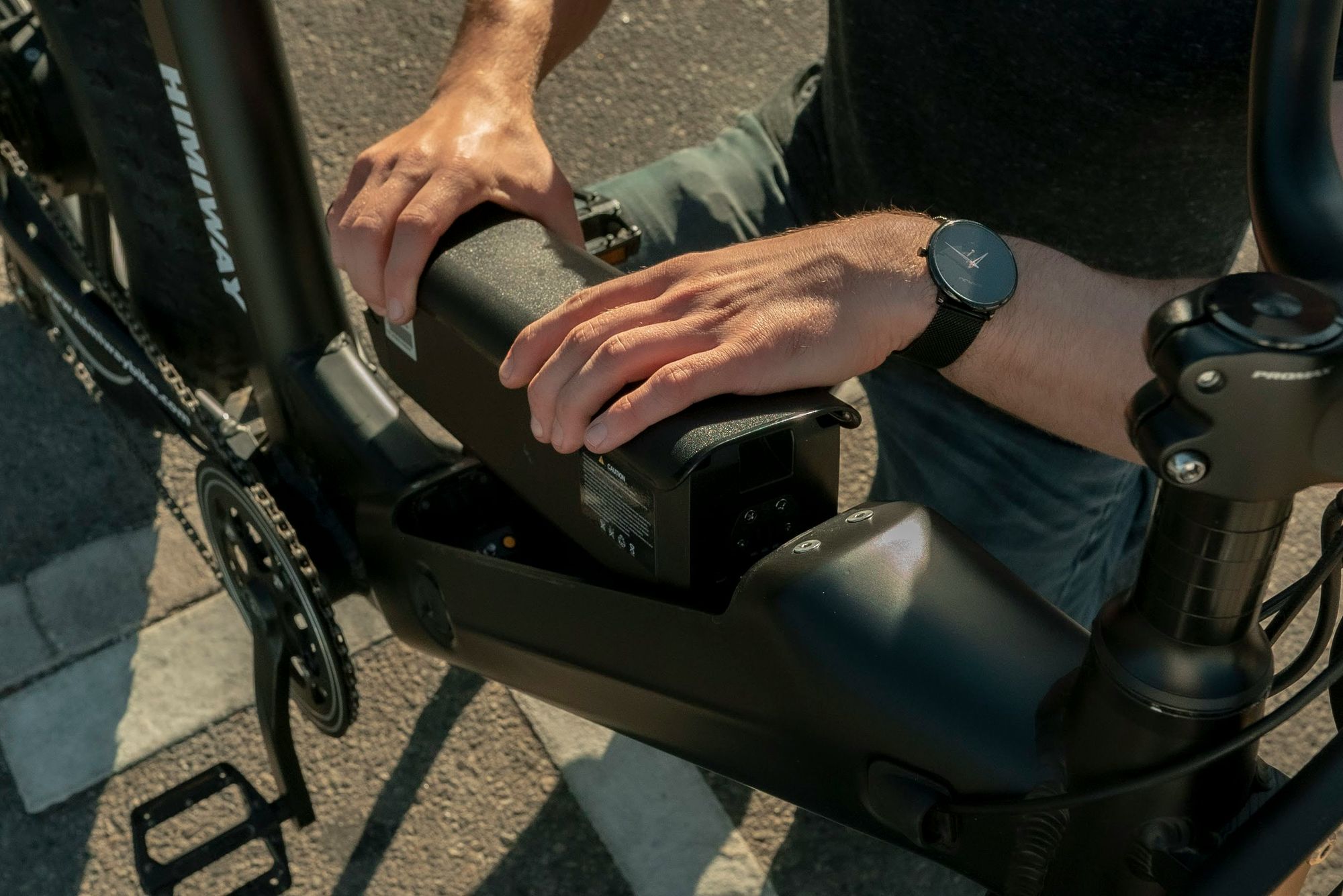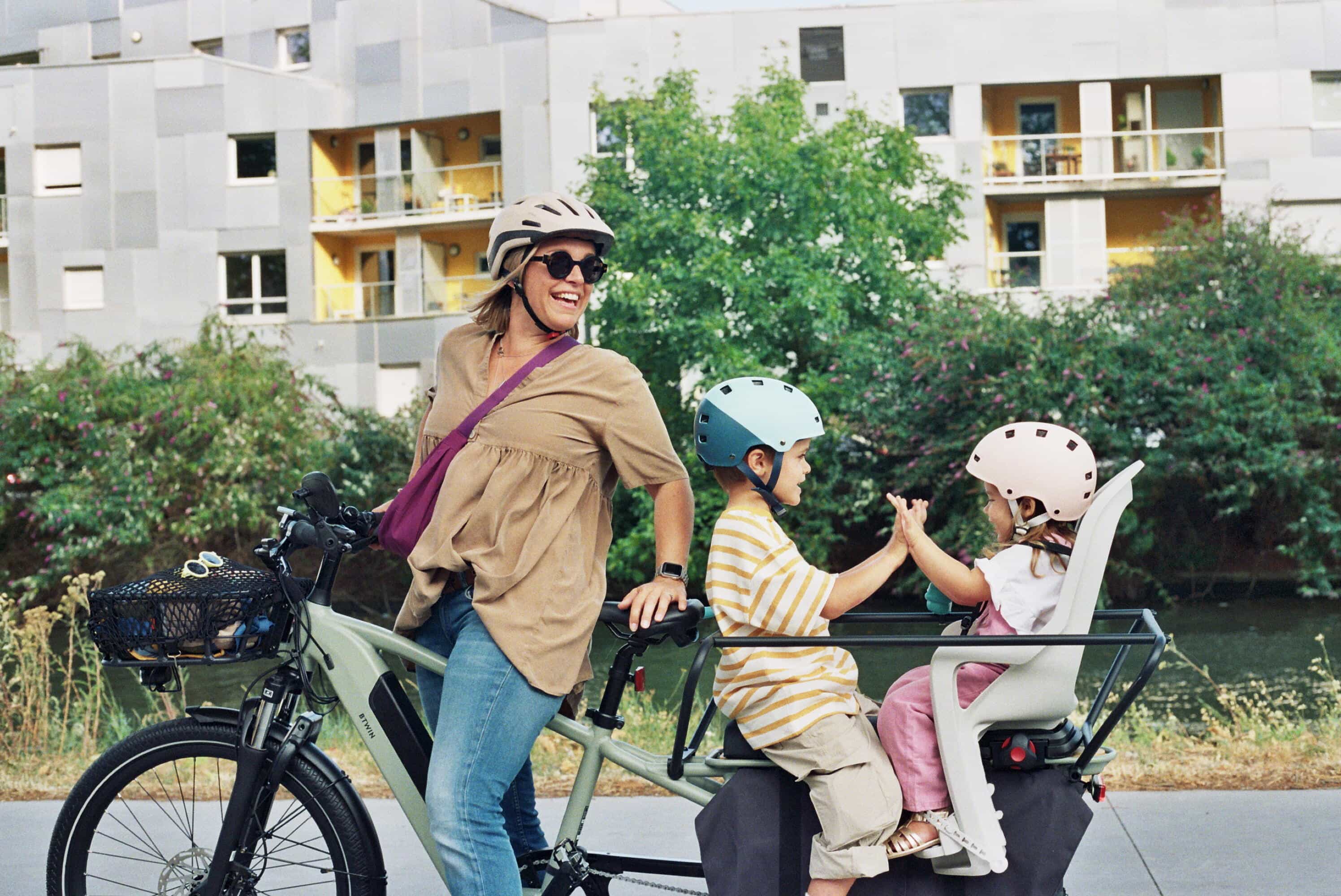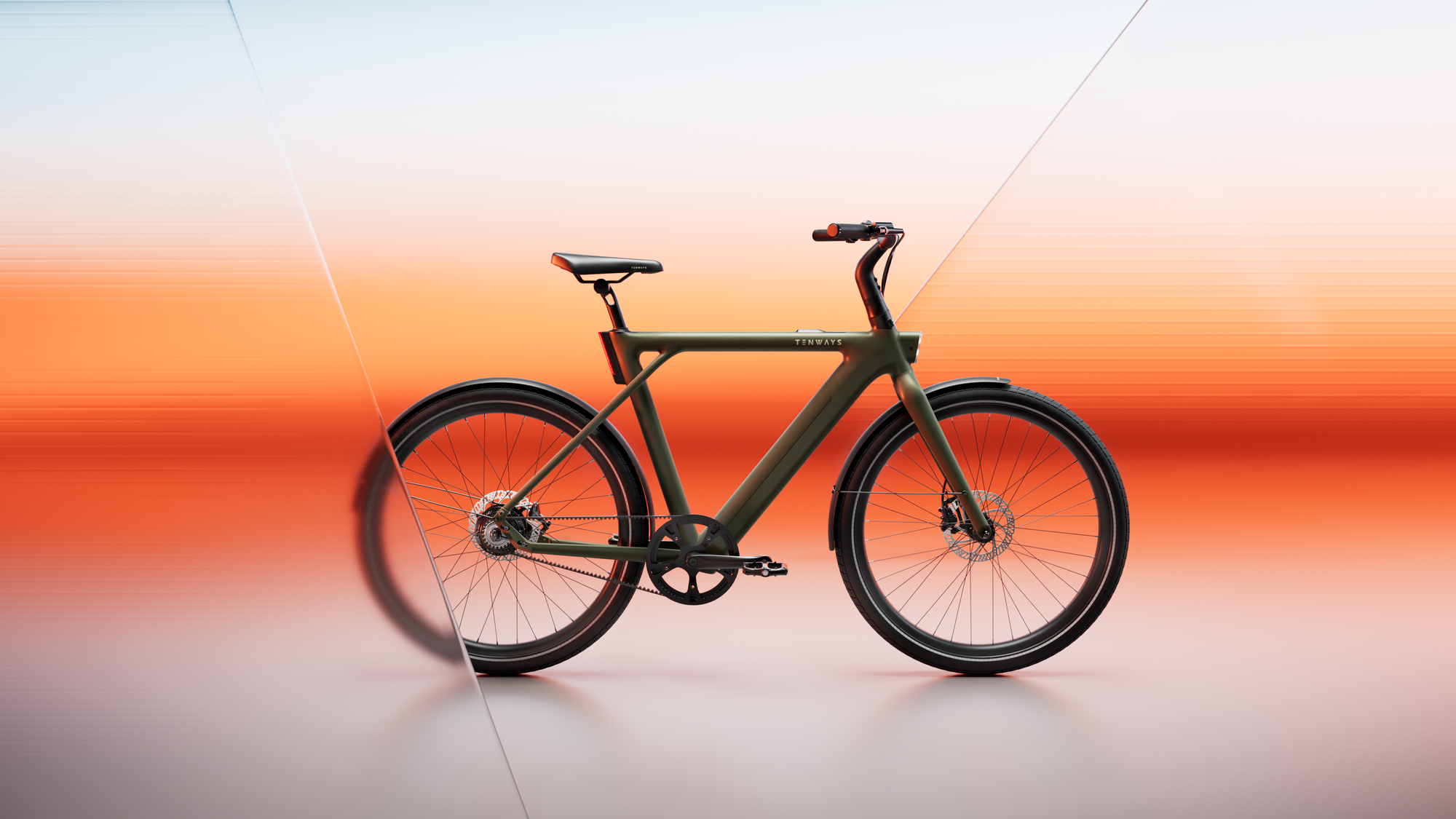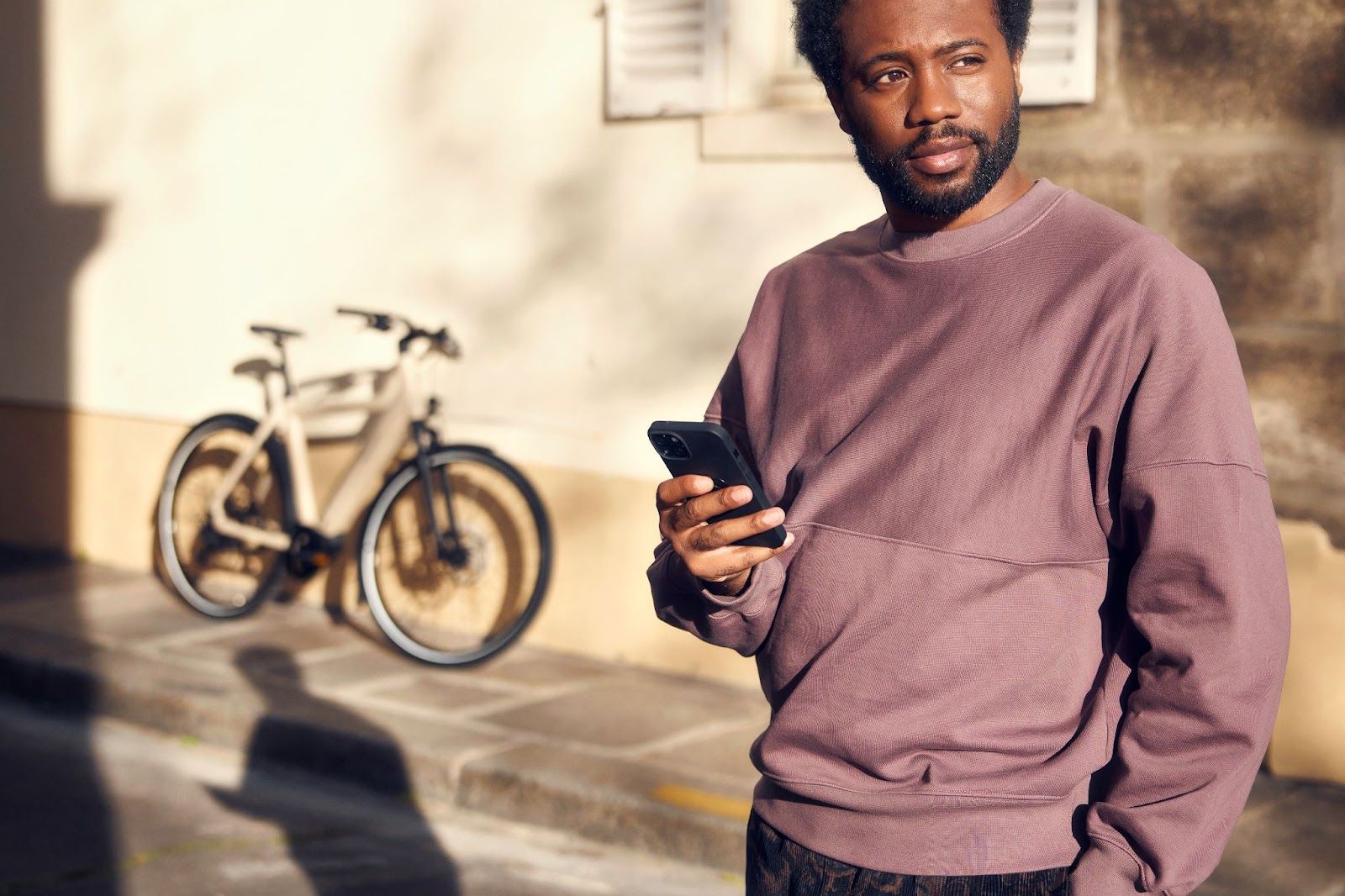Stories of battery fires that lead to injury and death are causing several companies and organisations to ban staff from bringing e-bikes to work due to safety concerns. But is the picture as bleak as it’s being portrayed?
Any e-bike battery fire is one too many. This is why we wanted to delve deeper into these stories. Is it the fact that e-bikes are inherently unsafe, or is there something else going on? If so, what can we do to prevent more tragic events?
It wasn’t long before our search unearthed this fact: In 2022, 167 fires were reported in the UK caused by a lithium-ion battery for an e-bike or e-scooter. With an estimated one million e-scooters and over half a million e-bikes, just 0.011% caught fire. Compare that with Evfiresafe’s figures (2010-2020), which indicate that 0.0012% of electric cars catch fire, compared with 0.1% of cars with internal combustion engines. It puts it into perspective.
Clearly, one and a half million lithium-ion batteries not catching fire isn’t newsworthy.
Cheap conversion kits cause 40% of e-bike fires
Battery fires can be caused by several factors, such as:
- Mechanical damage
- Overheating (e.g. through prolonged exposure to hot temperatures)
- Charging a swollen battery
- Charging a battery that's been idle and completely discharged for several days
- Incompatible chargers
- Modifications to e-bikes
- Faulty or counterfeit products bought online
In a BBC report, the London Fire Brigade revealed that the spate of e-bike fires is caused by ‘cheap, badly built chargers and batteries' and that 40% are due to cheap conversion kits.’
If your e-bike battery is stolen or damaged and needs replacing, you’ll have to fork out several hundred pounds for a new one because reputable batteries are expensive – but as the old adage says, you only get what you pay for. Opting for a cheap, unbranded, or ‘white label’ battery is not the way to go.
On the face of it, they seem to be of reasonable quality. The online blurb says it has a decent Battery Management System (BMS) and internal connections. But its low price is due to it being made with cells from smaller manufacturers (i.e., not Sony, Samsung, Panasonic, LG, etc.). You could be buying something of inferior quality. In essence, it is a time bomb waiting to go off.
Insurers and brands – a natural partnership
Trusted e-bike manufacturers only ever partner with internationally accredited battery manufacturers.
In the same way, brands need to work with insurers to ensure lost or stolen batteries are replaced with genuine products. Let’s face it; not everyone can lay their hands on enough cash to buy genuine batteries. But if they have e-bike insurance, their policy is there to absorb the cost.
At Laka, we only work with reputable e-bike companies and battery manufacturers.
Does that mean e-bikes are safe?
The answer is yes if you buy a reputable brand from a trustworthy retailer and handle the battery with care.
The problems with fire appear to be coming from chargers and batteries bought online (not from reliable companies), purchased separately from each other, and/or using conversion kits, which are not regulated.
According to the Bicycle Association of Great Britain (of which Laka is a member), there is a very low risk from unmodified legal Electric Assist Pedal Cycles (EAPCs—street-legal e-bikes) if bought complete with their approved batteries and chargers from trustworthy brands, sold by well-thought-of High Street retailers, and handled according to the manufacturer’s instructions.
"Reputable e-bike suppliers conduct extensive testing to ensure that good-quality e-bike batteries are extremely fire-safe, and we would reassure users of good-quality e-bikes that these are very safe products." - Bicycle Association of Great Britain.
The Association blames the curbs imposed by employers on bringing e-bikes to work on the proliferation of cut-price, dangerous e-bike batteries online. According to Phillip Darnton OBE, Chairman of the Association, “the future of zero carbon travel for short journeys is under scrutiny for short journeys because of unsafe products bought directly from overseas online platforms.”
Education, education, education
Educating the buying public is the best way to stop the sale of these black-market batteries and conversion kits.
"The Office for Product Safety and Standards (OPSS) is taking enforcement action and warning customers about the Chinese-manufactured UPP battery. It 'presents a serious risk of fire as it is poorly built with poor welding'.
It's been linked to several fires across England and is to be banned from being sold in the UK." - Source: Cycling Weekly.
The good news is that the issue of e-bike safety and regulating online marketplaces was raised in the recent King’s Speech. The proposed Product Safety and Metrology Bill will provide regulatory stability and deliver more protection for consumers.
In the meantime, following a few simple rules will help you stay safe while enjoying the freedom that comes with an e-bike:
- Only buy e-bikes and batteries from reputable companies
- Charge your battery outside when possible
- If you damage your battery or it develops a fault, contact your place of purchase immediately for advice
- Only ever use the charger provided with your bike that’s been approved by the manufacturer
- If you damage your charger, don’t be tempted by a cheaper aftermarket option. Contact the retailer from whom you bought the bike
- Never leave a charging bike unattended
- Always switch off and disconnect the charger from the mains when it’s finished charging
Remember, the battery is an integral part of your e-bike. It’s a complex bit of kit that needs to be cared for. By keeping your e-bike battery safe, you’ll be keeping yourself safe.






